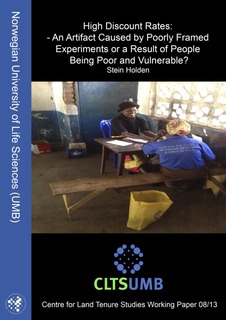‘A good wife stays home’: gendered negotiations over state agricultural programmes, upland Vietnam
Rural and livelihood studies, alongside development organisations, are stressing the importance of gender awareness in debates over food security, food crises and land tenure. Yet, within the Socialist Republic of Vietnam, these gender dynamics are frequently disregarded. In Vietnam, rice is intimately linked to the country’s food security. Over the last decade, rice export levels, production methods, and local and global market prices have remained constant preoccupations for governmental and development agencies.







